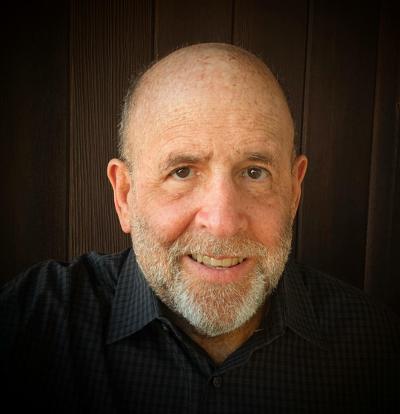By Andrew Malekoff
By now you may be aware that the Florida State Legislature has passed a bill that would restrict discussion of sexual orientation and gender identity in schools in kindergarten through the third grade, or “in a manner that is not age-appropriate or developmentally appropriate for students”— language that will likely extend the prohibition to the upper grades. The bill is awaiting Gov. Ron DeSantis’ signature.
Republican Florida State Rep. Joe Harding, who introduced the bill, claimed that the bill is to make certain that parents are “in the know and involved on what’s going on” with their child’s education.
Those advocating against the bill maintain that its underlying purpose is for Republicans to generate political support amid a more assertive advocacy environment for LGBTQ rights and greater examination of what children are taught in schools.
Opponents of the bill are raising the question, what effect are these laws having on the mental health and well-being of LGBTQ kids and parents?
Florida GOP state Sen. Ileana Garcia, chair of Children, Family and Elder Affairs, stated that “gay is not a permanent thing. LGBT is not a permanent thing.”
Critics have questioned her contention stating that “to say ‘it’s not permanent’ implies that they have a ‘cure,’ implies intervention, implies a ‘therapy’, and we know what that means.”
According to GLAAD (Gay and Lesbian Alliance Against Defamation), “conversion therapy is any attempt to change a person’s sexual orientation, gender identity, or gender expression.”
They caution that because this has come under increasing scrutiny, providers often change their terminology to avoid detection, with some of the terms seeming to be relatively harmless at first glance; such as, sexual orientation change efforts and healing sexual brokenness.
Among those who use these sanitized terms are, according to GLAAD, “proponents of conversion therapy often intentionally conflate the attempted altering of sexual orientation, gender identity or gender expression with the treatment of an actual condition such as sexual addiction.”
Long-time national weather anchor Sam Champion, who came out as gay in 2012, recently tweeted about the new Florida bill: “I knew I was different very early, and was bullied at school VERY YOUNG. If you can’t go to a teacher or administrator to talk, you are alone. The #Florida #DontSayGay bill is cruel and further isolates.”
Many tweeted in support of Champion’s stance. One wrote, “I struggled through school. Those teachers who saw me, really saw me, stepped up to ask the hard questions [and] saved me.” Another responded, “These kids NEED their teachers, for some of them it’s the only support they will know.”
And, one more tweeted, “I was bullied young also. I still remember my fifth grade teacher making fun of me in front of the class and got them laughing at me. One reason I became a teacher was so no student of mine would go through my classes being bullied.”
Although this is hardly an exhaustive account of potential mental health impacts, testimony on social media offers important first-person insights from the LGBTQ community.
The “Don’t Say Gay” bill represents but one effort in the State of Florida. Notably, two months into 2022, lawmakers in many more states have introduced bills that will likely limit the rights of LGBTQ Americans.
In a sobering moment inside the Florida State Capitol building, student protesters and faith leaders staged a sit-in, in advance of the vote on the “Don’t Say Gay” bill.
They joined together singing “Amazing Grace.” Then they slowly quieted as youth organizer Madelyn, rolled across the floor in her wheelchair, reading the names of LGBTQ people who have died by suicide after experiencing anti-LGBTQ hate.
Passing laws like “Don’t Say Gay” offers no benefit to children or parents, especially those who may be trapped in the darkness of discrimination and hate.
If we cannot trust our schools and dedicated teachers and pupil personnel staff to deliver quality lessons and to sensitively respond to students who are struggling with differences of any kind, suicide and profound sadness will continue to follow.

